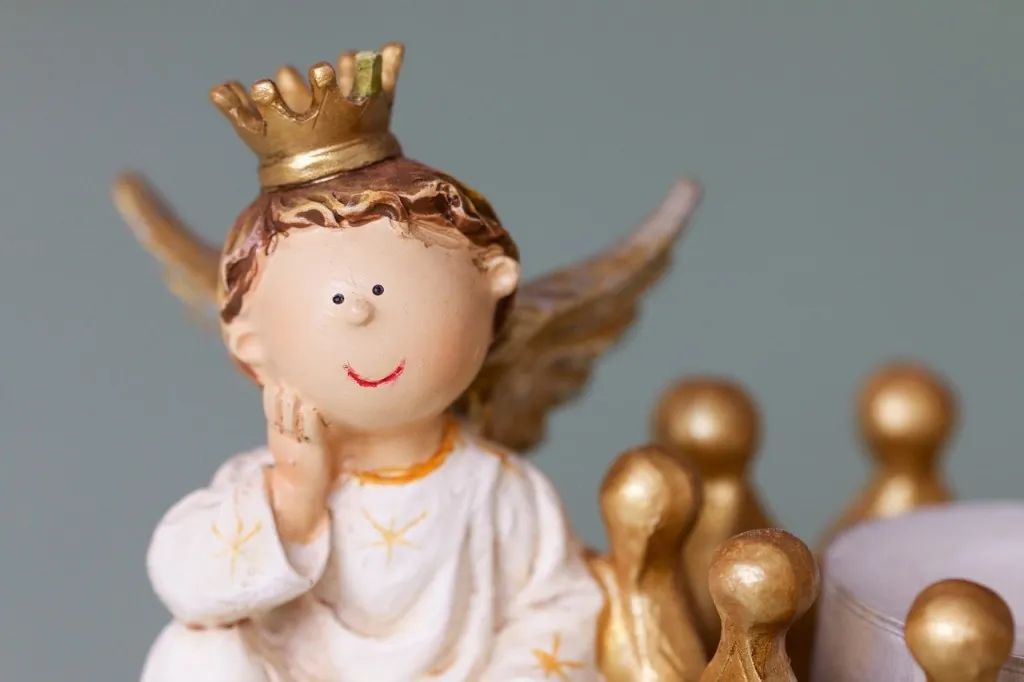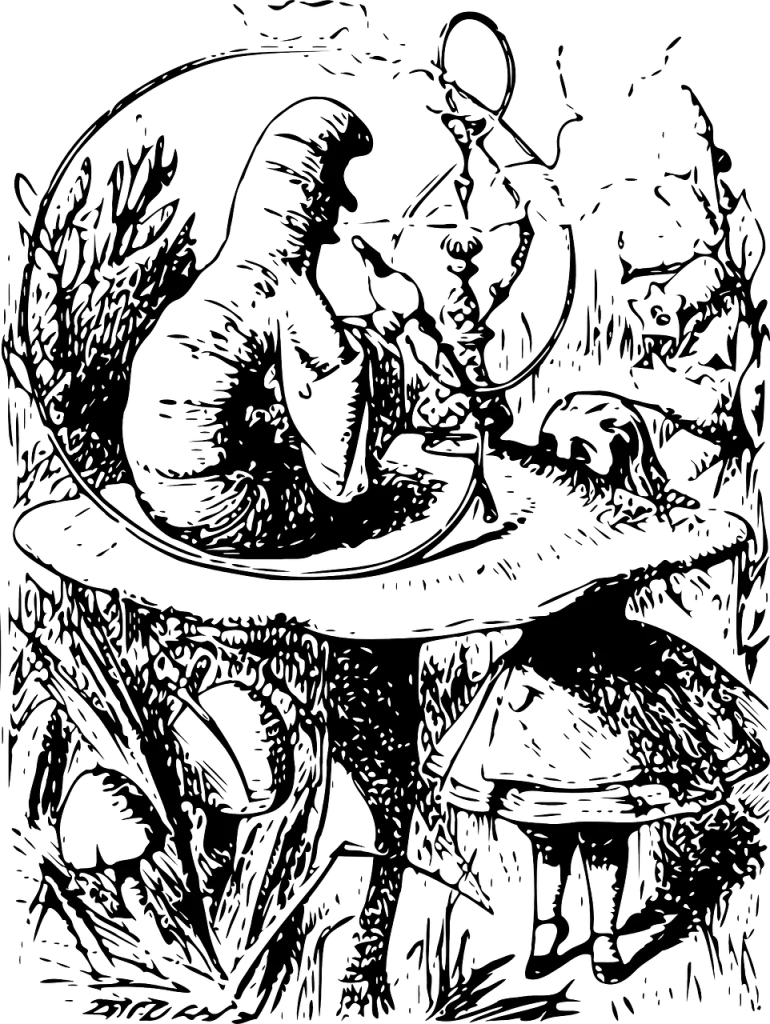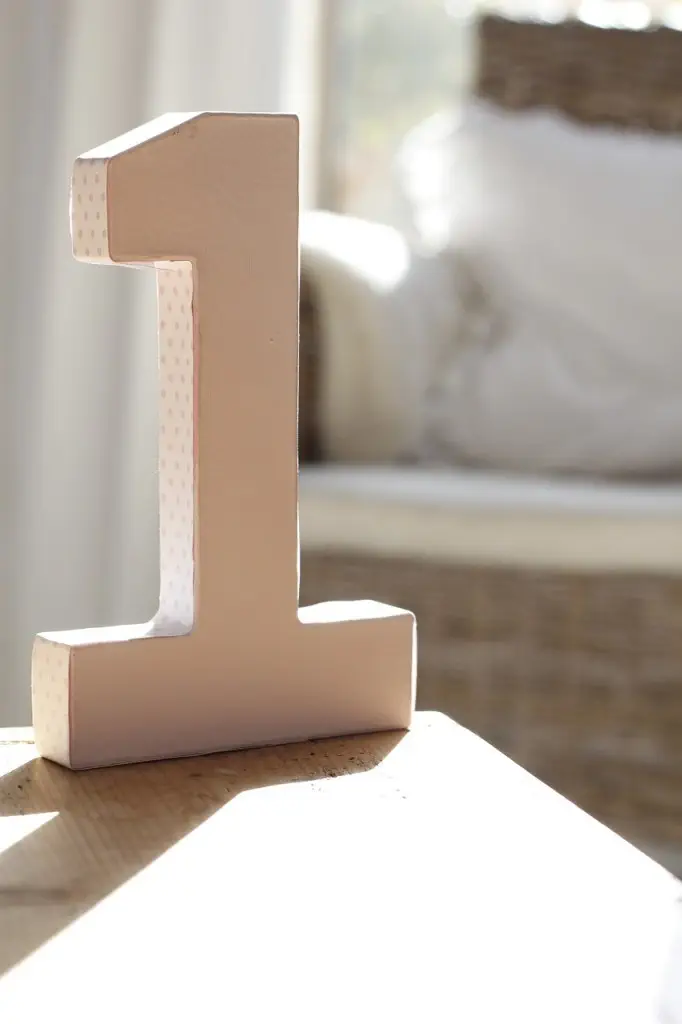
Sean Covey’s bestselling self-help book “The 7 Habits of Highly Effective Teens” is a guide that outlines how teens can effectively achieve good levels of self-esteem while also priming themselves for success. A number of international schools both in the Philippines and abroad have adopted its principles in their lesson plans and Reedley is no exception. The 7 habits is one of the many pillars that their curriculum is anchored on to ensure a holistic education for all their students.
Through Reedley International School’s flagship subject, Life Skills, students are given a holistic education that helps them manage family and peer relationships, develop healthy work and study habits, and learn effective time management.
But what are these “7 Habits” exactly, and what do they teach?

The Private Victory – Inside First
Habit 1: Be Proactive
“I am the force.” | Take responsibility for your life.
People can be separated into two groups: proactive and reactive people. Proactive people are those who are able to take responsibility, act actively, and control their own lives. Reactive people, on the other hand, do the opposite. They wait for things to happen to them, and they tend to either complain or blame others should things not go their way. While some are content to be the reactive type, being proactive is definitely the way to go. For example, if a student is looking to have high grades, then they should spend their time studying and researching about the subject on their own without having to wait for the teacher to explain each and every bit of information one by one. Alternatively, the student can also set up a study group with their friends or read other related books. Simply, proactive people can create a goal for themselves and earnestly develop ways to reach it.
Habit 2: Begin With the End in Mind
“Control your own destiny or someone else will.” | Define your mission and goals in life.

“”Would you tell me please which way I ought to walk from here?”
“That depends a good deal on where you want to get to,” said the Cat.
“I don’t much care where-” said Alice.
“Then it doesn’t matter which way to walk.” said the Cat.”
From Alice’s Adventures in Wonderland.
This excerpt is a perfect representation of how one cannot simply go through life without an end goal, as it is what will define how one will direct themselves throughout their lives. Similar to how a specialty dish must first have a recipe, or how a building must first have a blueprint, people too must have something to follow. A personal mission statement is a good place to start. Create one in order to clarify what it is that should be achieved and how it should be done.
But central to the idea of creating a mission statement is finding out what one’s strengths are first. Viktor Frankl, a famous psychiatrist, teaches that people’s talents in life are not invented but rather uncovered. So one should use this to their advantage and utilize their strengths to achieve their goals.
There are many ways to create a mission statement. Consider the following methods:
- The Quote Collection. Accumulate a list of the best quotes that summarizes one’s goals.
- The Brain Dump. Quickly write the intended mission haphazardly without considering grammar, precision, or even coherence. Then, refine it slowly over time until it becomes a final product.
- The Retreat. One should find a quiet place to think deeply about their goal, then simply write it down.
- The Big Lazy. Use another’s motto. Just be sure to apply it just as effectively.

Habit 3: Put First Things First
“Will and Won’t Power” | Prioritize, and do the most important thing first.
Tasks can be segregated into two: important tasks and urgent tasks. Important tasks are those that contribute to achieving one’s goal while urgent tasks are those that require immediate attention.
It is natural for everyone to combine these tasks in such a way that one always ends up being in one of four time quadrants:
- The Procrastinators: These are the people who take their time before doing a task. They only do things at the 11th hour and end up burning themselves out for mediocre results. Avoid this simply by doing things early. Study for an upcoming exam days beforehand, plan a family outing before going, and prepare a recipe before cooking.
- The Prioritizer: These are the people who know how to plan their tasks accordingly. They give themselves enough time to finish the urgent tasks and pick up the important later on.
- The Yes-Man: These are the people who say yes to everything in order to please those around them despite being unsure on whether or not they can even finish what is being asked of them. They also tend to put other people’s priorities above their own. It all boils down to them being unable to say no. Minimize this trait by learning to decline small, unnecessary tasks. By doing this, you are freeing yourself up for better ones.
- The Slacker: Just as their names imply, they do not perform at all. They spend most of their time prioritizing recreational activities and avoiding responsibility, which in the end makes them feel guilty and renders them unstable. Cutting down on this behavior may be difficult at first, but by doing them less often you will find yourself with more excess time to be productive.
The best quadrant one should strive to be in is the Prioritzer one, as they have everything under control. Forward planning is the key to productivity, so make sure to plan and prioritize your tasks before starting your day or a big project. Tackle the big things first, such as blocking out time for studying or attending an important class. Napping, hanging out with friends, or playing vide games can always come later.
The three aforementioned habits – be proactive, begin with the end in mind, and put first things first – are what constitutes the ‘private victory’. These are victories that happen within and can only happen if the person has full mastery of one’s self. These are required for what are called public victories, which consist of the remaining four habits.






 logo.png)



